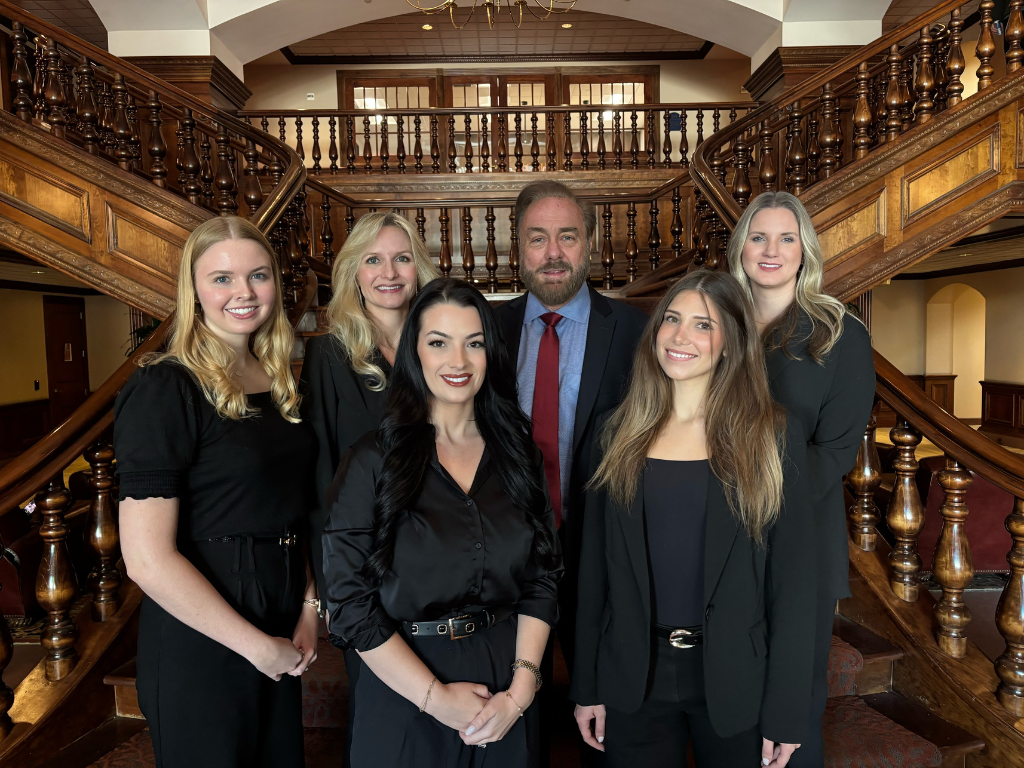Any alleged improper post-petition actions and knowledge of the trustee, or debtor-in-possession, cannot be imputed to the bankruptcy estate. The issue of imputed post-petition acts and knowledge against a bankruptcy estate has always been resolved in the bankruptcy estate’s favor.
The seminal case resolving this issue is In re J.T.R. Corp., 958 F.2d 602 (4th Cir. 1992). In that case, J.T.R. Corp. filed a chapter 11 bankruptcy. J.T.R. Corp. was controlled and operated by Joseph Kenny, the principal of the debtor. Post-petition, Mr. Kenny set fire to the real property owned by J.T.R. Corp. Five days later, a trustee was appointed. The Bankruptcy Estate brought suit to recover against the insurance company. Id. at 603. The Bankruptcy Court initially held that Kenny’s post-petition arson barred recovery by the estate against the insurance company. The Trustee appealed to the district court, who “reversed the order of the Bankruptcy court, finding, in essence that as debtor-in-possession, Kenny acted in a fiduciary capacity and his illegal acts were not attributable to the estate.” Id. at 604. A unanimous Fourth Circuit affirmed the district court. In its seminal ruling, the Fourth Circuit distinguished the case of In re Light, 23 B.R. 482( Bankr. E.D. mich. 1982) where, pre-petition, a principal had burned real estate belonging to a corporation. In Light, the pre-petition illegal acts of the principal were attributed to the corporation, and as a result, the bankruptcy estate could not recover on the fire insurance policy. The Fourth Circuit cogently articulated why the post-petition acts and knowledge of a principal of a chapter11 debtor-in-possession may not be imputed to the bankruptcy estate.
“A debtor-in-possession under Chapter 11 ‘holds the title and powers of [a] trustee.’ Stein v. United Artists Corp., 691 F.2d 885, 892 (9th Cir. 1982). The debtor-in-possession is a fiduciary and owes the same duties as a trustee. Id.; see Wolf v. Weinstein, 372 U.S. 633, 649-50 (1963). The debtor-in-possession does not act in his own interests, but rather in the interests of the creditors. Stein, 691 F.2d at 892.”
Id.
Every court to consider the issue has agreed with the Fourth Circuit that any post-petition improper conduct of one who happens to serve in the role as debtor-in-possession is not imputed to the bankruptcy estate. As explained by the Bankruptcy court in In re Hoang, “upon the filing of her chapter 11 petition, the debtor wore two hats: that of the debtor, and that of the debtor-in-possession.” 449 B.R. 850, 857-858 (Bankr. D. Md. 2011). The court in In re Hoang held that the illegal post-petition acts of the individual debtor-in-possession would not be imputed to the bankruptcy estate. The same result in favor of the bankruptcy estate was reached in the following published cases: American States Insurance Co. v. Symes of Silverdales, Inc., 150 Wash.2d 462, 78 P.3d 1266 (2003) (“Accordingly, a bankruptcy trustee is not barred from recovering under debtor’s insurance policy if the debtor’s principal [intentional misconduct] after the debtor filed a chapter 11 petition for bankruptcy”); In re Food Management Group, LLC, 380 B.R. 677 (Bankr. S.D.N.Y. 2008); In re Sia, 349 B.R. 640 (Bankr.D.Hawai’i 2006) (the post-petition unlawful conduct of the chapter 11 debtor-in-possession was not imputed to the bankruptcy estate).
Arizona Bankruptcy Attorney
Contact Us
